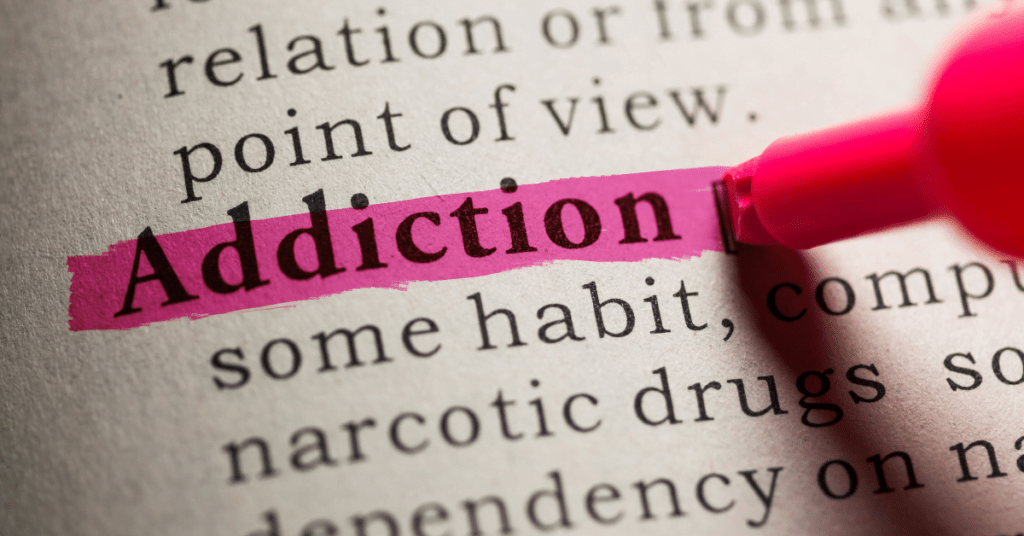Contents
What Is Addiction?
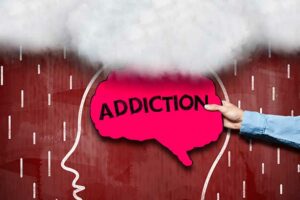 An addiction is defined as a chronic, relapsing disorder characterized by compulsive drug-seeking and use despite negative consequences. It’s what happens when the pleasure you get from something comes at too high of an emotional cost to keep doing it. Any time your life feels out of control because of your relationship with alcohol or drugs, it can be called an addiction.
An addiction is defined as a chronic, relapsing disorder characterized by compulsive drug-seeking and use despite negative consequences. It’s what happens when the pleasure you get from something comes at too high of an emotional cost to keep doing it. Any time your life feels out of control because of your relationship with alcohol or drugs, it can be called an addiction.
Types of Addiction
There are different types of addiction. It can be hard to know which one you might have. The two categories of addiction are:
Substantial Addiction
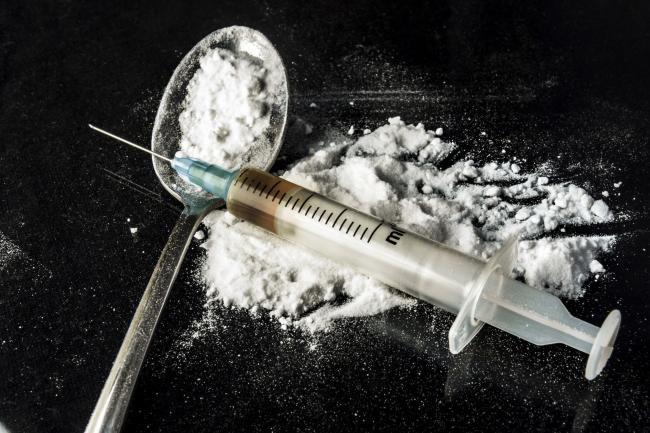 This addiction means you have a physical dependence on something, such as alcohol or drugs. This means you experience withdrawal symptoms when you stop using the substance and your body has to adjust to life without it.
This addiction means you have a physical dependence on something, such as alcohol or drugs. This means you experience withdrawal symptoms when you stop using the substance and your body has to adjust to life without it.
Sub-Types of Substantial Addiction
These are some of the sub-types of substantial addiction:
Alcohol Addiction
This is when you can’t stop drinking alcohol. Even if it’s causing problems in your life, like blacking out or hurting yourself, you still keep doing it because you don’t want to face the stress of not being able to drink anymore.
Drug Addiction
You take drugs even though they’re dangerous for your health and cause issues with work or friends. You do this as a way to cope with negative emotions such as anxiety and depression. Sometimes people who are addicted will go on binges where they use more than usual over several days until their supply runs out—this is called “binge and crash.”
Tobacco Addiction
This is when you can’t stop smoking tobacco. You might try to quit on your own or go through treatment programs that help with withdrawal symptoms while teaching you how to live without cigarettes in the future.
Cigarette Addiction
This is when you can’t stop smoking cigarettes. You might try to quit on your own or go through treatment programs that help with withdrawal symptoms while teaching you how to live without cigarettes in the future.
Symptoms of Substantial Addiction
There are some symptoms of substance addiction such as:
- Trouble sleeping
- Feeling irritable and moody
- Finding it hard to focus on tasks or be attentive during conversations
- Have strong cravings for the substance you’re addicted to, such as alcohol or cigarettes.
- Need to smoke, drink or use more of the drug to get high
- Inability to control how much you’re using
Psychological Addiction
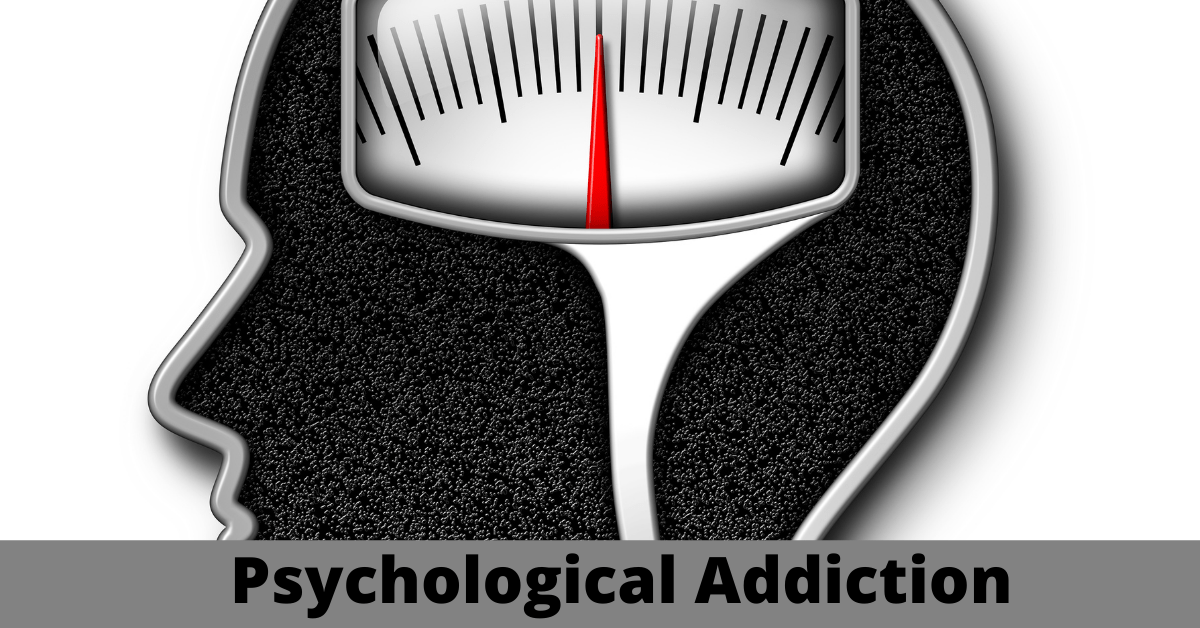
This addiction is more about how we think than what we’re physically dependent on. You can be psychologically addicted to anything that gives us pleasure: shopping, pornography, unhealthy relationships (or even healthy ones), video games and gambling are all examples of this kind of addiction.
Sub-Types of Psychological Addiction
These are some types f psychological addiction:
Pornography Addiction
This types of addiction are when you can’t stop obsessing about pornographic material or looking at porn online. You might be doing this because it’s arousing, but the addiction will cause problems in your life and make relationships more difficult.
Relationship Addictions
These are addictions to unhealthy interpersonal behaviors like fantasizing excessively about someone who doesn’t want anything to do with us; seeing someone else’s happiness as a blow to our ego, or pushing people away because we’re afraid of being abandoned.
Symptoms of Psychological Addiction
There are symptoms of psychological addictions such as:
- Feeling powerless in certain situations that would have been easy before the addiction started
- Experiencing withdrawal symptoms when you try to stop, like irritability and mood swings.
- Finding it is hard to control how much you’re using or obsessing about something. This is even though you know your behavior is causing problems in your lives and relationships with other people.
- Feeling guilt or shame about what you’re doing, even though it seems like the addiction is in control of you.
Behavioral Addiction
This addiction is a form of compulsive behavior that isn’t substance-based. It’s an escape from reality, but not in the same way as alcohol or drugs are. Examples include sex addiction, love addiction, and internet/phone addictions.
Sub-types of Behavioral Addiction
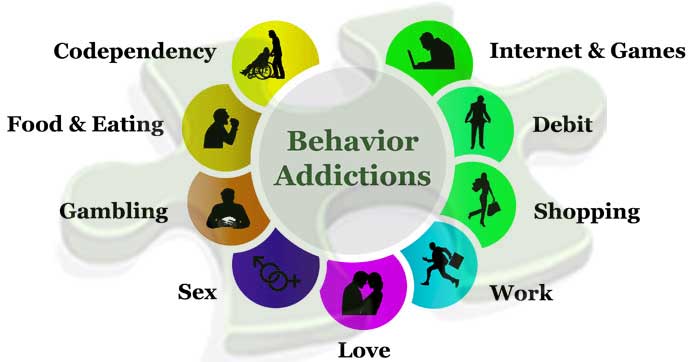
These are some of the sub-types of behavioral addiction:
Shopping Addiction
This is when you can’t stop shopping even though it’s causing problems in your life. You may be buying things to feel better, but the relief doesn’t last long enough for you to realize that there are other ways of coping with negative emotions than spending money on stuff.
Love Addiction
This is when you find yourself obsessing over a person and can’t stop thinking about them. This is even though they’re not good for your mental or physical health. You feel like their attention makes you happy. It is even if it’s just being in touch with someone rather than spending time together. Love addicts will do anything to get this feeling back again.
Sex Addiction
A sex addict has an obsession with sexual thoughts, feelings, and activities. These activities take up a lot of his or her life. When he or she isn’t having sex or finding ways to have more sex, they might be preoccupied with these thoughts and need to find ways to push them away.
This is when you can’t stop gambling even though it causes problems in your life like losing money, getting into debt, or neglecting other responsibilities. You might feel anxious before and during a game that’s making you gamble more than usual—this is called “tolerance” again.
Internet/Phone Addiction
This is when you’re preoccupied with the internet and find it difficult to stop getting on your phone or using social media. It might make you feel anxious, depressed, tired (because of lack of sleep), and overwhelmed—which can lead to more screen time in order to escape these feelings. This addiction often leads people to neglect their relationships with friends and family because they don’t want them around while they’re on their phones all the time.
Over-Eating Addiction
This is when you can’t stop eating even though it’s causing problems in your life. You may be doing this to cope with negative emotions, but the addiction will cause more issues and make relationships more difficult over time
Symptoms of Behavioral Addiction
- Feeling anxious unless you’re doing what causes the problem behavior (such as gaming)
- Finding yourself unable to stop partaking in that behavior (for example, gaming)
- Feeling irritable and moody when you don’t get to do what causes the problem behavior (like gaming)
- Find it hard to control how much time you spend doing that behavior. For example, if someone tries to stop playing games they might become frustrated or angry with themselves for not being able to quit—this is called “tolerance.”
Causes of Addiction
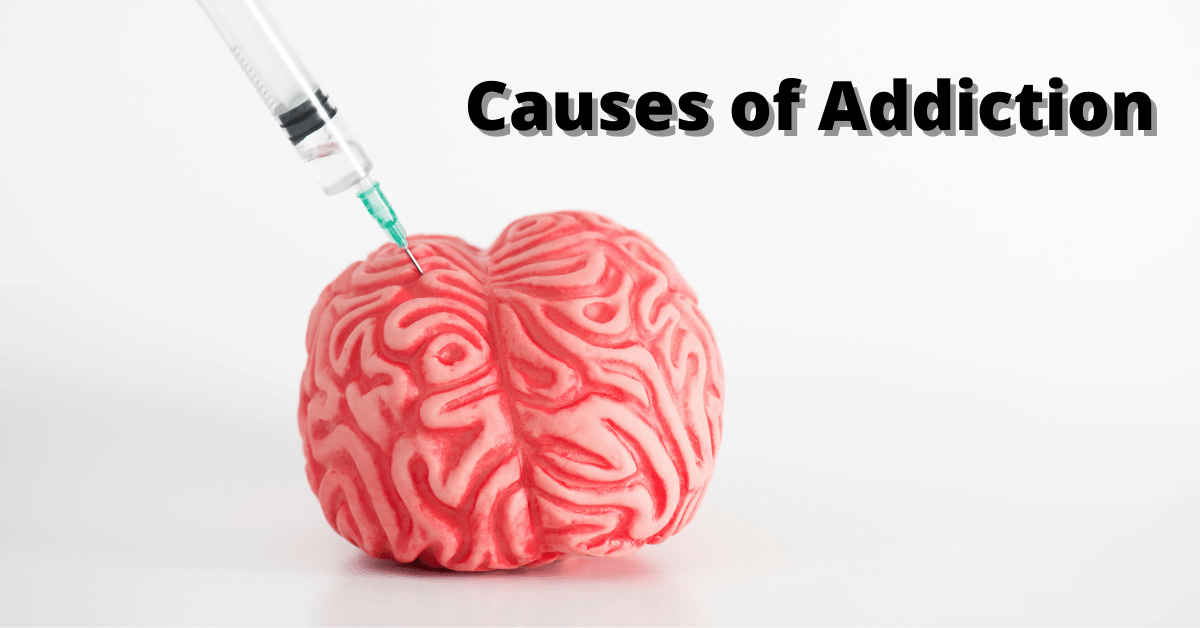
Some causes of addiction include:
Genetics/Family History
Some of us have a genetic predisposition to getting addicted. If our parents or siblings struggled with addictions, we might be more at risk for developing one as well.
Negative Childhood Experiences
People who were neglected or abused in childhood are more likely to become addicts later on. This is because they’re used to not being cared about and learn that the way you get someone’s attention is by acting out. These are like stealing something from their wallet so they notice what happened. These people also tend to use drugs and alcohol as a coping mechanism when things go wrong. This can lead them down a road towards addiction if they don’t find healthy ways of dealing with stress like talking through issues rather than acting out.
Lack of Coping Skills
People who have poor coping skills are more likely to become addicts. This is because they don’t know how else to deal with stress, anxiety, or other negative feelings that come up throughout life. They also may not be able to handle intense emotions like sadness and anger without wanting something stronger than what is available in nature (like alcohol). That is why they can just forget about their problems for a while instead of dealing with them. These people turn towards drugs and alcohol as the only way they’ve found of coping. This turns into an addiction rather quickly if you keep using these substances no matter what happens after it’s started this cycle.
Difficulty In Dealing With Problems
Many people develop addictions because they don’t know how to deal with their problems in healthy ways. They might get upset when someone doesn’t text them back within a minute or two, for example—so they turn to the phone so they can distract themselves from what’s bothering them instead of talking it out and working through it as adults do. These people are more likely to become addicts later on if this behavior continues because then that becomes the only way you’ve learned to handle something upsetting—which turns into an addiction quickly.
Is Addiction Different For Everyone?
No two people with an addiction will have it in exactly the same way because everyone uses different things to cope with life problems—and these coping mechanisms can change over time. What matters most is how your relationship with whatever you’re addicted to affects you emotionally and physically, whether it makes you feel good or bad about yourself long term, if it hurts relationships between family members or friends (or both), and whether your ability to function at work has been affected by your addiction.
How To Diagnose Addiction?
There’s more than one way to diagnose addiction. It can be done through a professional interview, observation of your behavior and relationships with others, and/or laboratory tests such as blood work or urine analysis.
Behavior Observation

If your therapist or doctor is concerned you might be an addict, they can watch how you behave and interact with others to see if there’s a problem—like showing up late for appointments more than once without calling ahead or dropping relationships because of substance abuse.
Self-Reporting
 Therapists and doctors also rely on their patients’ self-reporting when it comes to addiction. If someone tells them about negative consequences related to drugs and alcohol (such as losing jobs because you couldn’t get out of bed after using all night) that could indicate a possible addition. People who know themselves well enough are usually able to tell if something has become a real issue in life at this point so being honest about what happens is the best way forward from here.
Therapists and doctors also rely on their patients’ self-reporting when it comes to addiction. If someone tells them about negative consequences related to drugs and alcohol (such as losing jobs because you couldn’t get out of bed after using all night) that could indicate a possible addition. People who know themselves well enough are usually able to tell if something has become a real issue in life at this point so being honest about what happens is the best way forward from here.
Lab Tests/Urine Analysis Testing
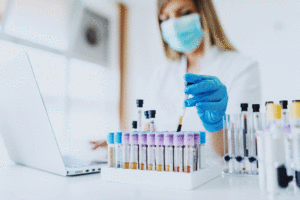 If there’s some doubt about whether or not someone has an addiction, they can ask their patients to submit urine samples for analysis. This is the most accurate way of determining what substances are present in your system. From this, you know exactly how long it’s been since you’ve used something and how much you might have taken at one time.
If there’s some doubt about whether or not someone has an addiction, they can ask their patients to submit urine samples for analysis. This is the most accurate way of determining what substances are present in your system. From this, you know exactly how long it’s been since you’ve used something and how much you might have taken at one time.
This also helps professionals see if people are taking more than prescribed amounts of any medication. This could become addictive with continued use over a period of time (like painkillers). Blood tests let doctors determine if someone had anything stronger than caffeine recently enough. From this excessive use, withdrawal symptoms might show up soon after stopping completely.
Treatment of Addiction
Once you have an addiction, there are several different types of treatment. These treatments are available depending on your needs. Some of which are:
Medications
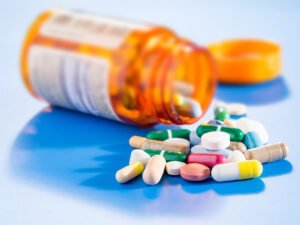 These can help reduce cravings and make it easier to recover from an addiction. Doctors may use medications as part of a medical detox program or on their own for severe cases that don’t respond well to psychological treatment alone.
These can help reduce cravings and make it easier to recover from an addiction. Doctors may use medications as part of a medical detox program or on their own for severe cases that don’t respond well to psychological treatment alone.
Therapy
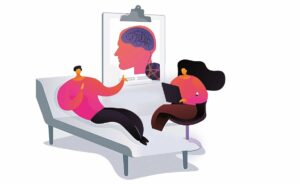 This is the most common form of addiction recovery. This usually includes some sort of substance abuse counseling, behavioral therapy (to learn new coping skills), and social support groups. These are the places where you meet regularly with others who are going through similar struggles. Through this, you have people around you throughout your recovery process.
This is the most common form of addiction recovery. This usually includes some sort of substance abuse counseling, behavioral therapy (to learn new coping skills), and social support groups. These are the places where you meet regularly with others who are going through similar struggles. Through this, you have people around you throughout your recovery process.
Support Groups/Social Support Networks
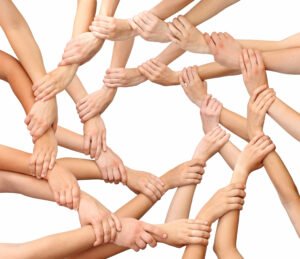 It’s important during this time in life to surround yourself with positive influences such as friends and family members who understand what you’re going through without enabling your addiction.
It’s important during this time in life to surround yourself with positive influences such as friends and family members who understand what you’re going through without enabling your addiction.
Rehabilitation Centers
 Inpatient rehab centers provide a safe environment for someone struggling with addiction to recover from their abuse without any access to drugs or alcohol. This is often necessary in severe cases of substance dependence where the risk of relapsing during recovery at home is high because there are too many other triggers around that could easily lead you back down a dark road again.
Inpatient rehab centers provide a safe environment for someone struggling with addiction to recover from their abuse without any access to drugs or alcohol. This is often necessary in severe cases of substance dependence where the risk of relapsing during recovery at home is high because there are too many other triggers around that could easily lead you back down a dark road again.
Coping Up With Addiction
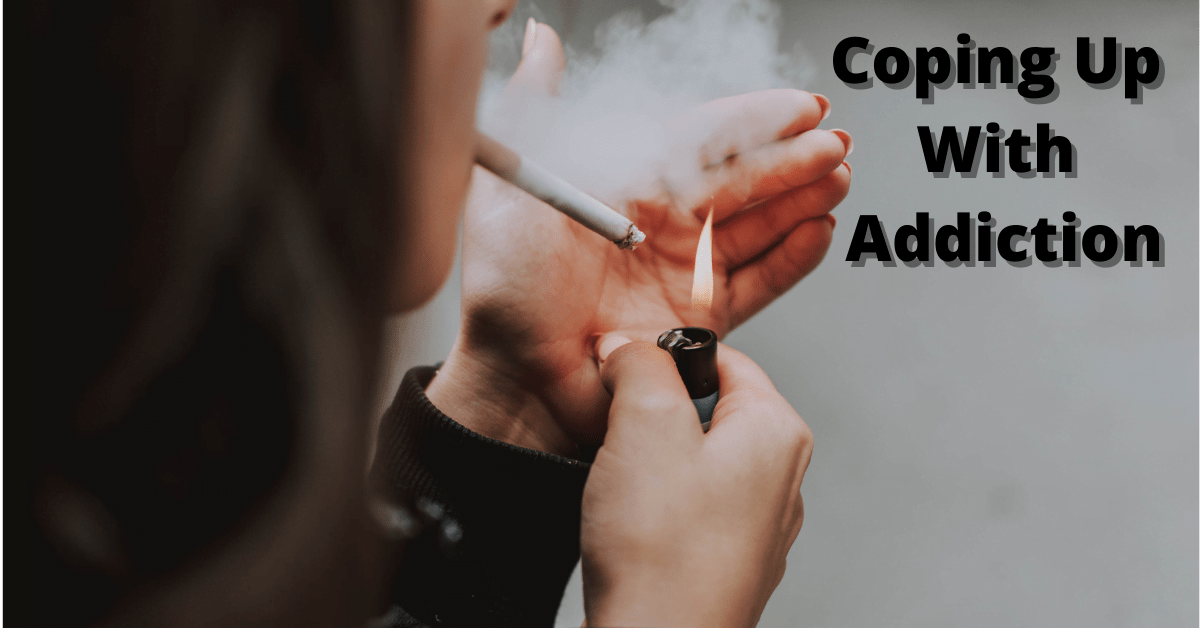
After treatment, there is coping-up with addictions. There are a few things you can do to help yourself stay on track with getting clean and sober:
Be Patient With Yourself
It takes time for the brain chemistry to readjust itself after long-term substance abuse. That is why it’s unrealistic to expect that everything will be perfect as your body heals from addiction during this time of recovery. So give yourself some slack if relapse is an issue in early sobriety because overcoming obstacles like these can make you stronger overall.
Stay Busy During Recovery
Finding something else productive or fun to focus on besides drugs and alcohol is a good way through coping up with addictions. This doesn’t have to involve going back to work right away but instead could include taking online classes at night, getting involved in a new hobby, or going back to school.
Find New Friends
It’s important to find friends while recovering from addiction that doesn’t involve other people who are still abusing certain substances. This can set someone up for failure. It is because they have too much temptation around them constantly. This is without having the proper tools and coping skills yet to deal with it during recovery.
Conclusion
Addiction is a serious problem. It can affect people from all walks of life, and it affects the person’s mental health as well as their physical state. As you read this article, you may have been able to recognize that addiction has taken control of one’s own life or someone else’s life in some way.
The journey to recovery should be a goal for every addict. If you or someone close to you is struggling with addiction, please don’t hesitate to reach out for help. Addiction treatment centers are available in many areas of the world.
For more information, please contact MantraCare. Addiction is a chronic and often relapsing disorder characterized by compulsive drug-seeking and use despite harmful consequences. If you have any queries regarding Online Addiction Counseling experienced therapists at MantraCare can help: Book a trial Online therapy session
